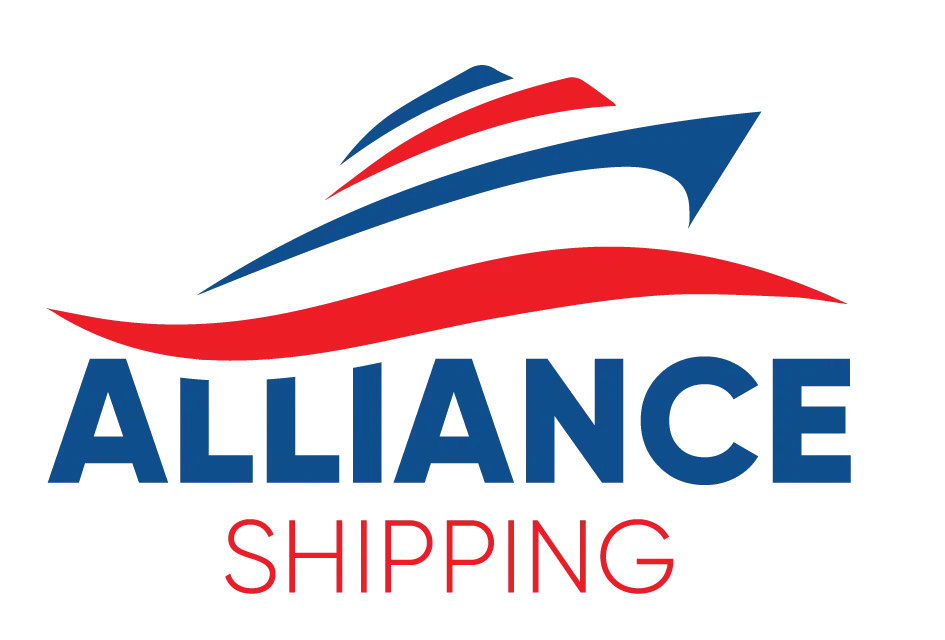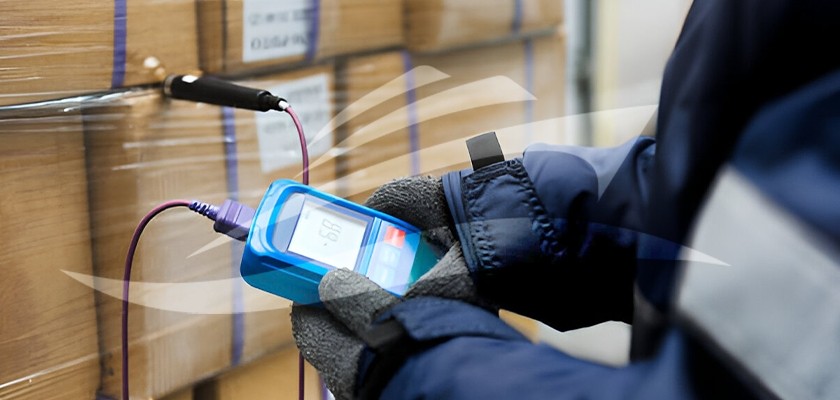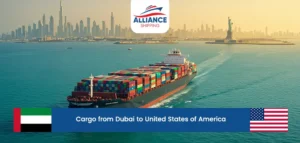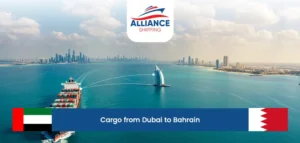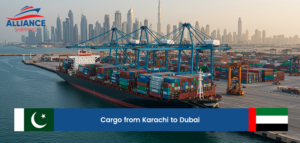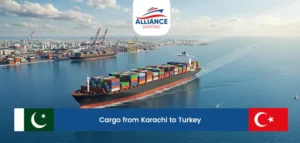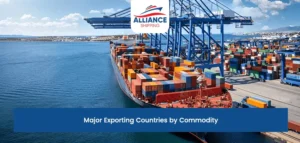Shipping products such as perishable goods, medication, etc. needs temperature control cargo which is a challenging process under strict governmental guidelines. Whether international or domestic delivery, Alliance Shipping will assist in complying with standards to help retain product quality, safety, and efficacy of the products being transported. You will learn what shippers need in order to ensure that they do not breach the law for temperature control cargo shipping.
Understanding Temperature Control Cargo Requirements
Temperature control cargo shipping involves maintaining specific temperature ranges to preserve the integrity of sensitive goods. Different industries have unique needs:
- Pharmaceuticals and Vaccines: Need extremely low temperatures necessary for specialty equipment such as dry ice, or refrigerated containers.
- Perishable Foods: Many of them require temperature control, specifically in the case of food products such as vegetables, fruits, and even seafood.
- Electronics and Chemicals: Some of these components can only perform optimally within certain temperature ranges; preferably they should operate in an ambient or moderate temperature range so as not to fail or degrade rapidly.
Each product’s unique temperature requirement makes it essential for shippers to understand and align with the best storage solutions and protocols for safe delivery.
Regulatory Standards in Temperature Control Cargo
Legal requirements should be met because failure to do so will lead to penalties, time loss, or even deterioration of the cargo. All countries have their own regulatory agencies, such as the FDA in the United States and the EMA in the European Union, for controlling shipments of temperature control cargo.
Pharmaceutical and Medical Compliance: A number of jurisdictions, including the FDA, require special handling and documentation of pharmaceutical products such as tracking temperature in real-time, validated packaging, and data capture during transportation.
Food Safety Standards: According to the regulations set down by the USDA and IATA, perishable food articles cannot be transported in a crude manner. They need to keep records of the temperature control cargo, proper packaging, and cleanliness.
Global Shipping Regulations: If transporting live animals, frozen products, or hazardous chemicals, IATA has even more stringent rules for the above. Compliance with these standards keeps cargo from being rejected or damaged at customs and other control points.
Real-Time Temperature Monitoring and Control
Maintain temperature records at some intervals of the journey to ensure that the confectionery met the legal requirements and standards. Pulse devices such as GPS-enabled data loggers for temperature and RFID temperature sensors, and real-time alerts, guarantee that any variance with the ideal temperatures is resolved promptly.
GPS-Enabled Data Loggers: These allow for constant temperature tracking and alert handlers to deviations from set parameters.
Humidity and Temperature Sensors: Most commonly incorporated with fragile cargo, these sensors show real-time changes in temperature and humidity.
Automated Alerts: These alerts are very useful and enable the shippers to visit a potential problem and correct the same before affecting the cargo.
Having temperature control systems is not just compliance but a good practice to keep your product from getting spoiled or damaged.
Handling and Loading Best Practices
Temperature control cargo requires careful handling & supply chain management during loading and unloading to prevent temperature spikes and ensure a consistent environment:
Temperature Logs: Temperature records should therefore be taken at intervals, especially during the transporting of articles such as pharmaceuticals and food products.
Health and Safety Certificates: Some of these products such as meat and seafood need health certification and records of inspection.
Import/Export Documentation: Paying attention to the traditions and standards of specific countries could avoid a situation when the cargo is stopped on the border or fined.
Writing the necessary documents and certifications ensures that one has confidence in the authorities to release products in the market without much interference with the supply chain.
Ensuring Compliance with Documentation and Certifications
Accurate documentation is essential in temperature control logistics. Customs and regulatory agencies may require certifications and records to verify that compliance standards have been met. Key documents include:
Temperature Logs: Documenting temperature data throughout transit is essential, particularly for pharmaceutical and food items.
Health and Safety Certificates: Certain products, like meat and seafood, require health certifications and inspection records.
Import/Export Documentation: Ensuring compliance with country-specific requirements and customs protocols can prevent delays or fines at the border.
Providing the right documentation and certifications instills confidence in regulatory authorities and minimizes disruptions in the supply chain.
Selecting the Right Temperature Control Shipping Partner
Choosing a reliable shipping partner for temperature control cargo is crucial. Look for a company that:
Has Proven Expertise: Look for companies with experience handling similar goods.
Offers Transparent Tracking: An ideal partner helps to mitigate losses due to changes in temperature by tracking and monitoring in real time.
Meets Regulatory Standards: Make sure that your partner fulfills the international requirements of FDA, USDA, and IATA as well.
When you trust the right partner, like Alliance Shipping, your temperature control cargo will be well taken care of, and will arrive in good condition.
Final Thoughts
In temperature control cargo shipping, compliance with regulations and careful planning are key to successful transportation. From understanding product requirements to selecting the best packaging and monitoring solutions, following these guidelines will ensure your sensitive cargo reaches its destination in top condition. To know more about the best temperature control cargo shipping services, reach out to Alliance Shipping.
